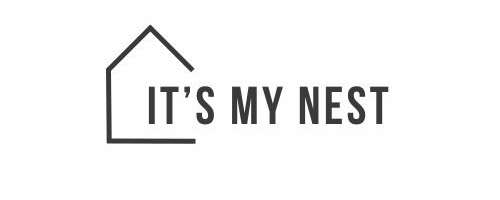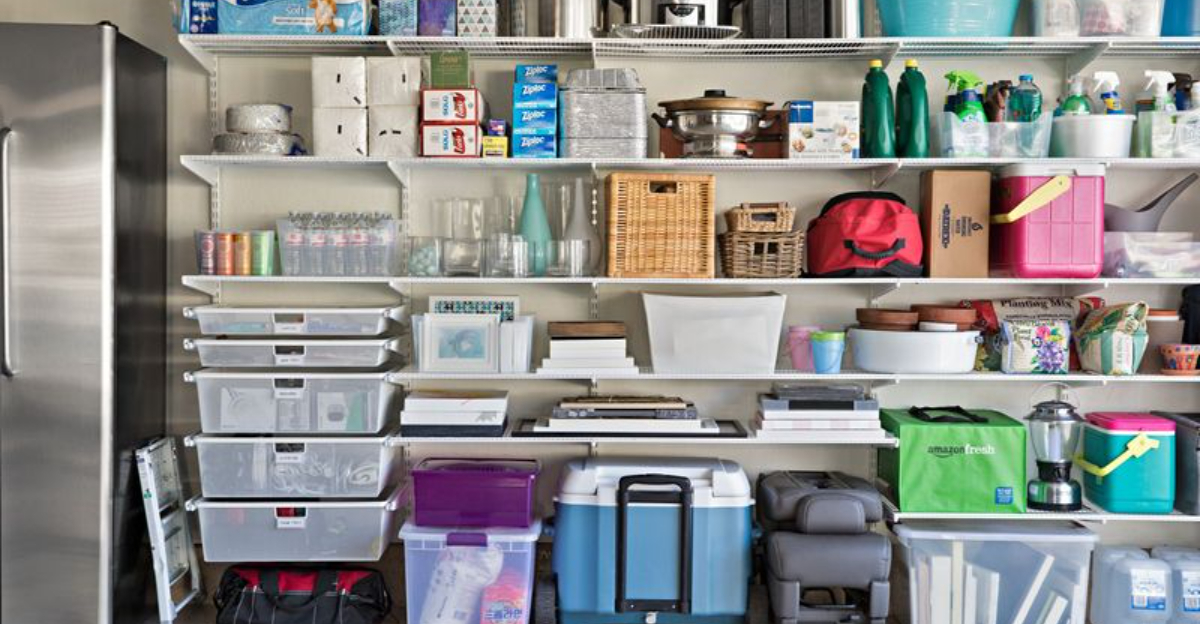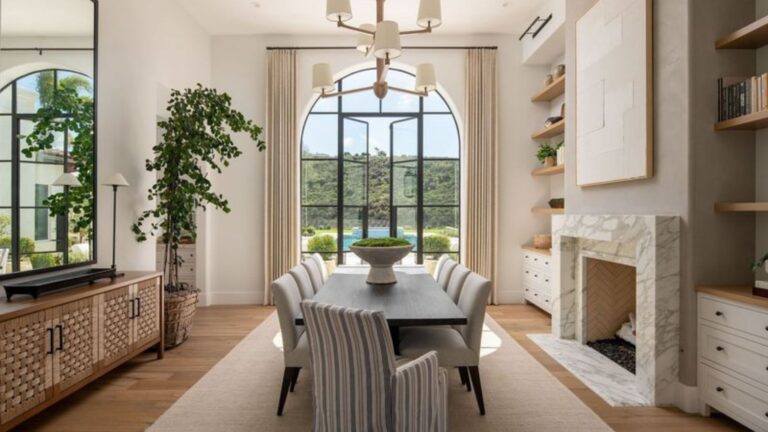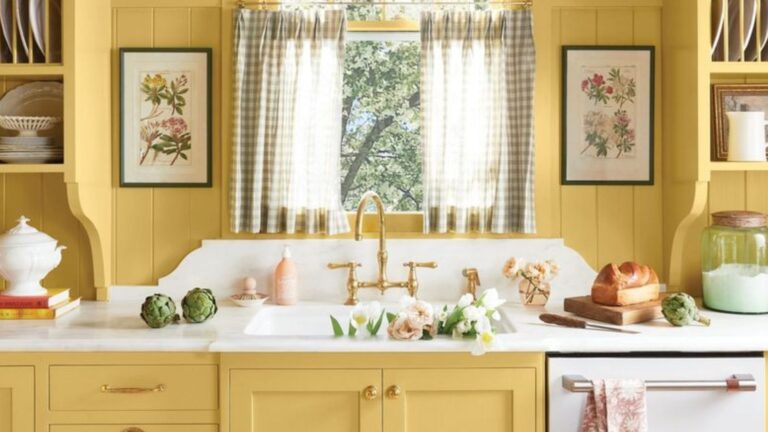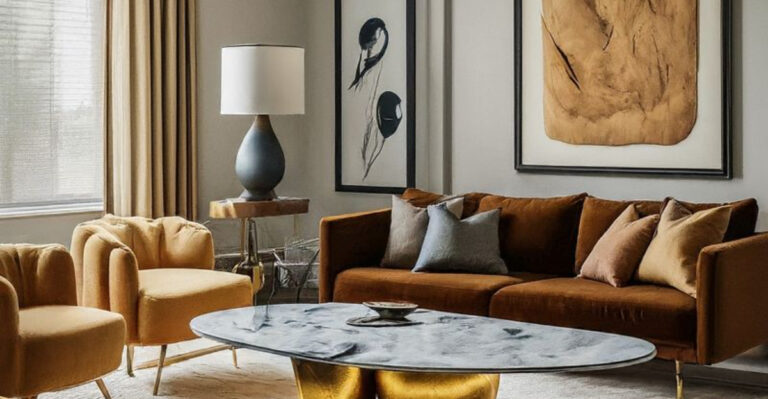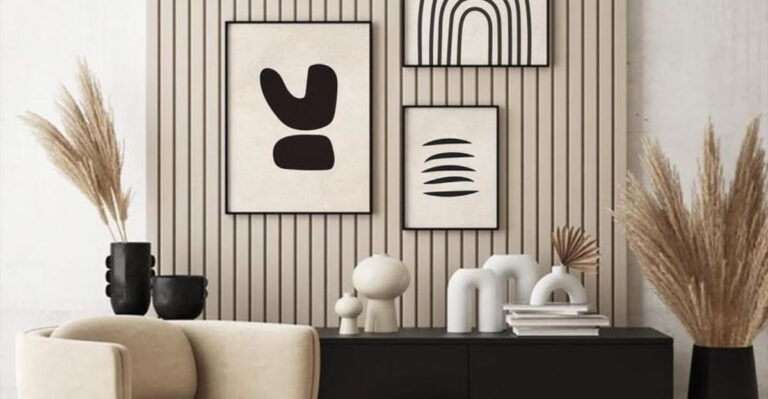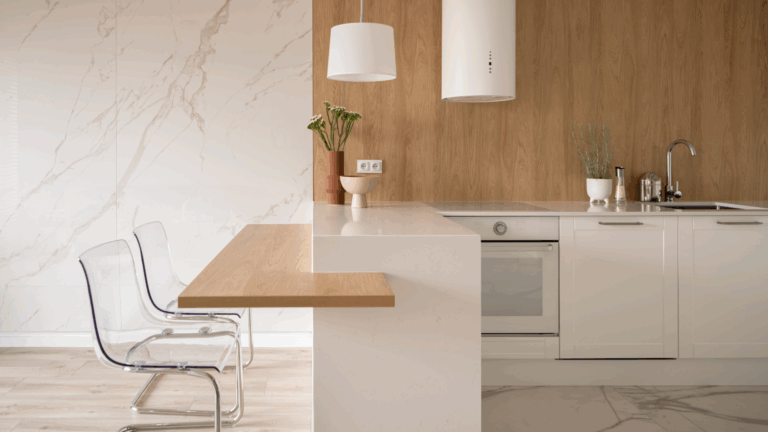Experts Share The 16 Signs You’ve Fallen Victim To ‘The Cult Of Storage’
I love a well-organized home as much as anyone, but lately, I’ve started wondering if I’ve taken it a bit too far. Between the endless bins, baskets, and color-coded labels, organizing turned into something more like a full-time job.
Turns out, I’m not alone. Experts are now saying that all this striving for perfect order might actually be stressing us out instead of helping. If tidying up has started feeling less satisfying and more like a chore, it might be time for a reset.
1. Empty Containers Everywhere
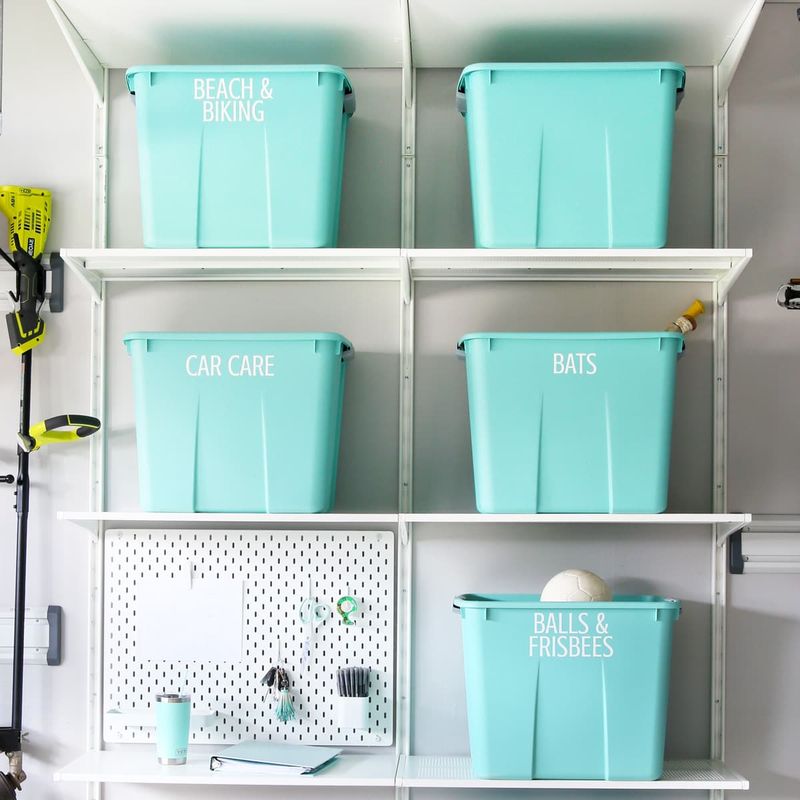
Those pristine containers stacked in your closet? If they’ve been empty for months, you’re deep in the storage cult.
Buying organizing products before knowing what needs organizing is like getting a gym membership without a workout plan.
Most organizing pros recommend sorting your belongings first, then measuring and purchasing only what you need. Save your money and your space by breaking the empty container cycle!
2. You Need A Spreadsheet To Find Things
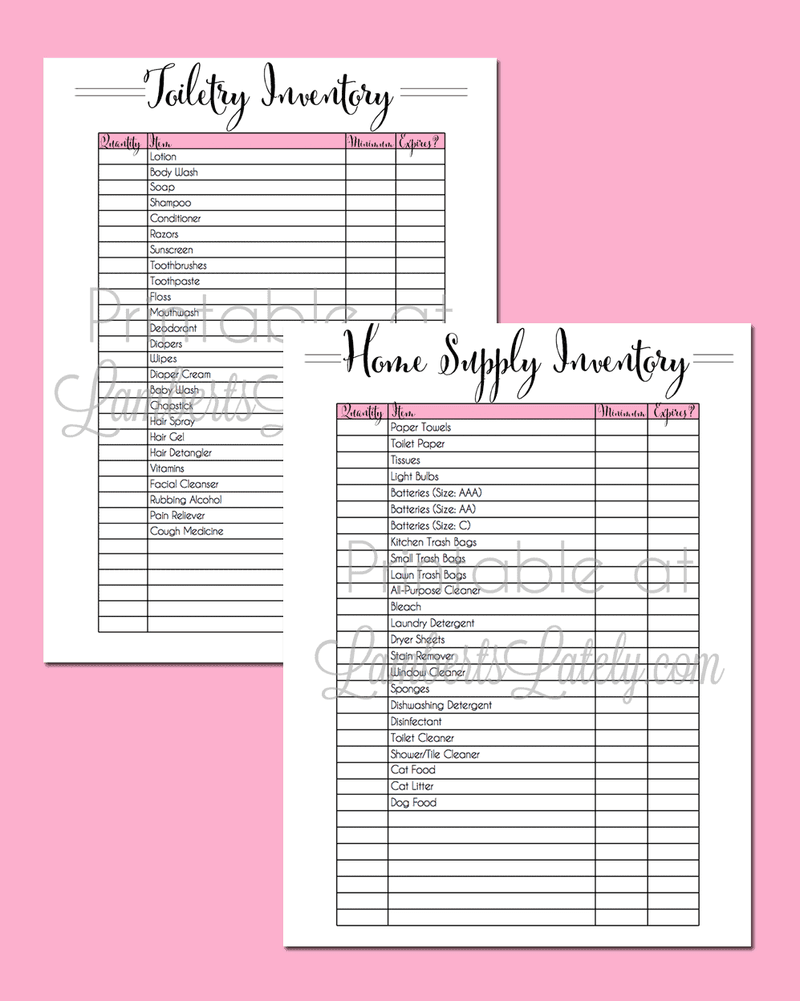
When locating your holiday decorations requires consulting a color-coded inventory system, you might have crossed into over-organization territory. Life shouldn’t require documentation just to find your stuff!
Complex tracking systems often create more work than they eliminate. Try simplifying to basic categories instead of micro-categories. Remember, the goal is making life easier, not creating a part-time job managing your possessions.
3. Shopping For Storage Is Your Hobby
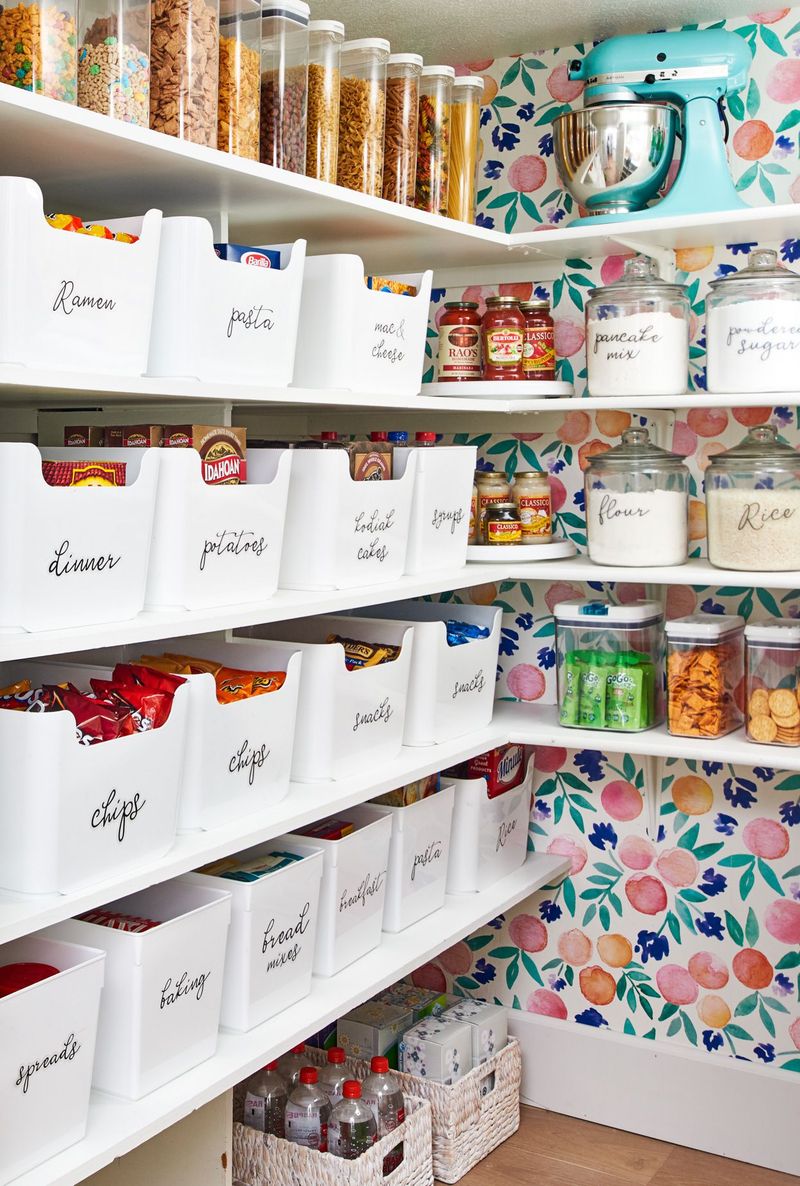
If you get more excited about container sales than actual social events, you might be in too deep. Your browser history shouldn’t be 90% storage solution websites and organizing videos.
Storage addicts often feel a rush when purchasing new organizational items. This dopamine hit keeps you coming back for more, even when your home doesn’t need it. Next time you feel the urge, wait 48 hours before buying anything new.
4. Your Labels Have Labels
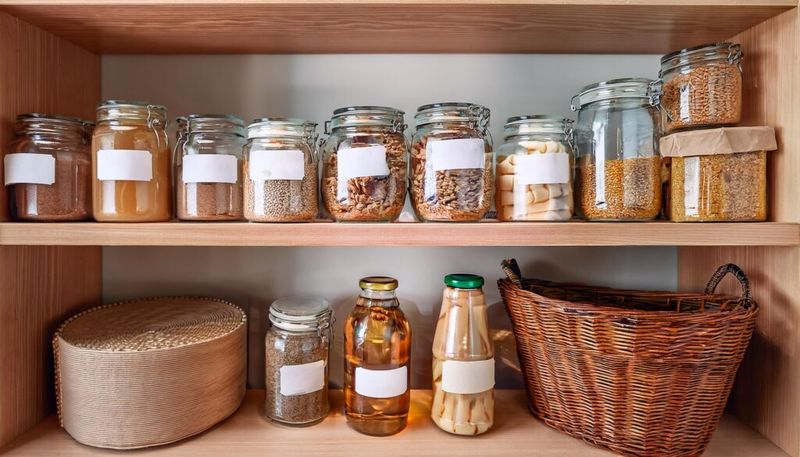
Labeling can be helpful, but when you’re creating subcategories for your subcategories, things have gone too far. Nobody needs a bin labeled “red pens 0.5mm tip only” inside a drawer already marked “writing utensils.”
Over-categorization makes systems rigid and hard to maintain. Try broader groupings that give you flexibility as your needs change.
Sometimes a simple “pens” label does the job just fine without the taxonomy-level breakdown!
5. Perfect Pantry, Empty Fridge
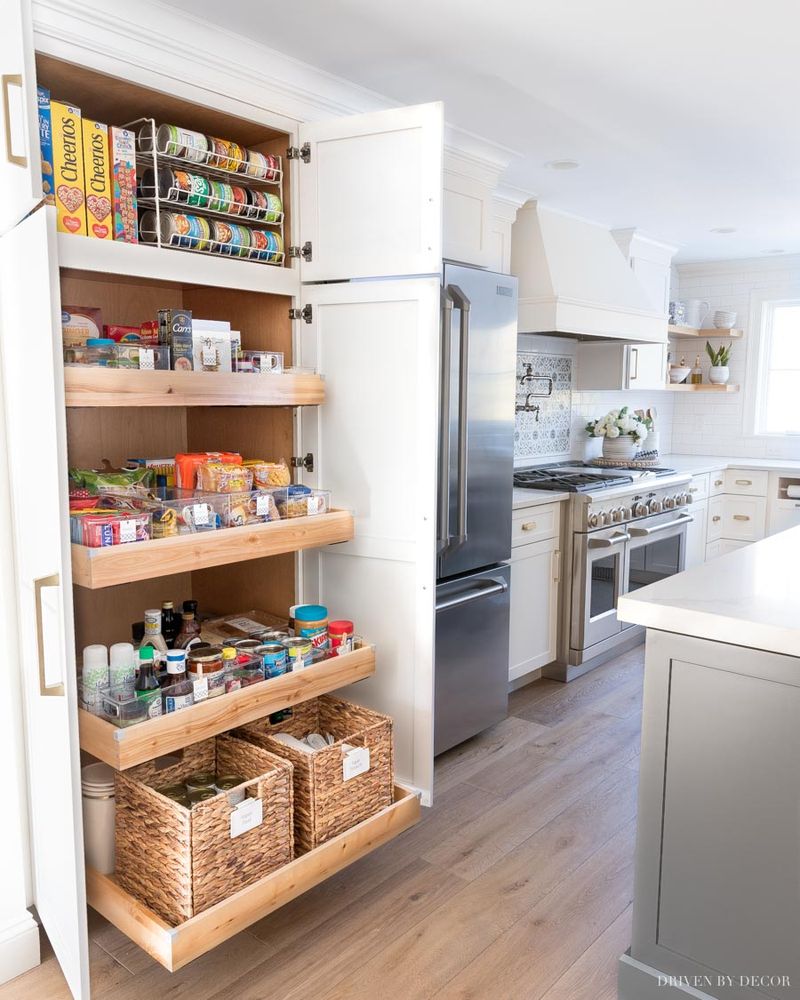
Your pantry looks Instagram-worthy with matching containers and beautiful labels, yet your actual cooking routine is nonexistent. What good is a perfectly organized spice drawer if you’re still ordering takeout five nights a week?
Function should always trump aesthetics. Organization should serve your lifestyle, not the other way around.
Consider whether your beautiful systems actually support how you really live rather than some idealized version of yourself.
6. Constant Reorganizing Cycles
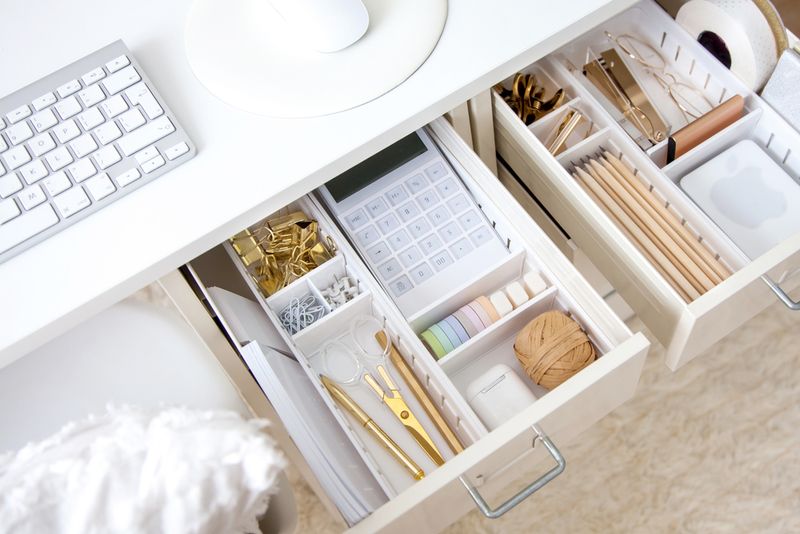
Monday it’s Marie Kondo, Wednesday you’re trying The Home Edit method, and by Friday you’re watching minimalism documentaries. If you’re constantly redoing the same spaces, you might be caught in a reorganizing loop!
This cycle often happens when systems don’t match your actual habits. Instead of jumping to new methods, observe how you naturally use spaces before organizing them. The best system is one that works with your instincts, not against them.
7. Anxiety When Things Are Out Of Place
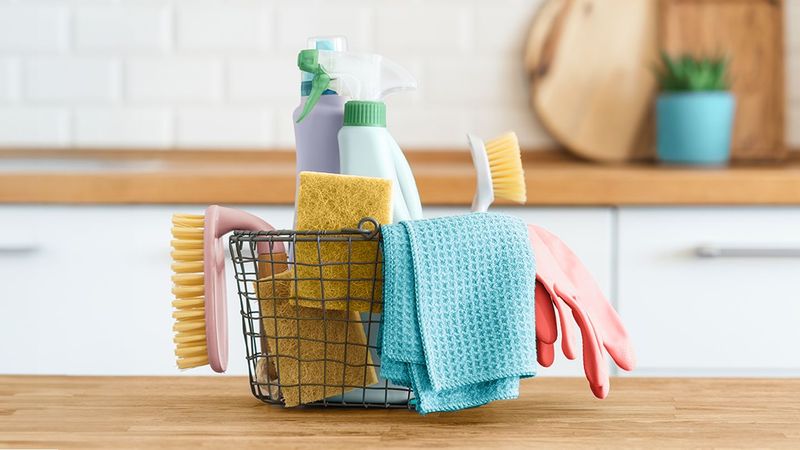
Feeling genuine distress when the throw pillows aren’t perfectly aligned or when someone puts a mug in the wrong cabinet isn’t normal. Organization should reduce stress, not create it!
When organization turns into rigid perfectionism, it becomes unhealthy. Try designating some “flexible zones” in your home where perfect order isn’t required.
Learning to tolerate small amounts of disorder builds resilience and makes your home more livable.
8. Friends Are Afraid To Visit
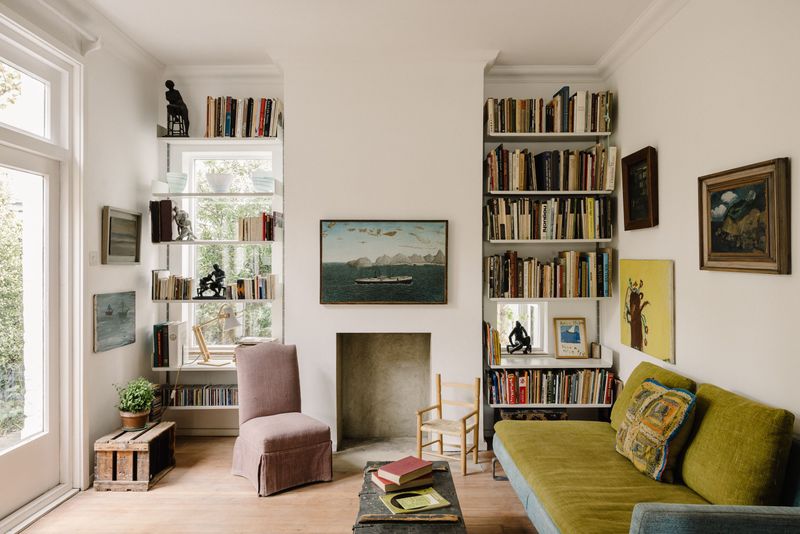
Have friends stopped dropping by unexpectedly? When visitors need to follow strict rules about where to put their coats or feel like they can’t relax on your furniture, your organizing has crossed a line.
Homes should feel welcoming, not like museums. Create designated spaces where imperfection is allowed. Consider whether your systems are making life better for everyone in your home or just satisfying your need for control.
9. Storage Solutions In Every Room
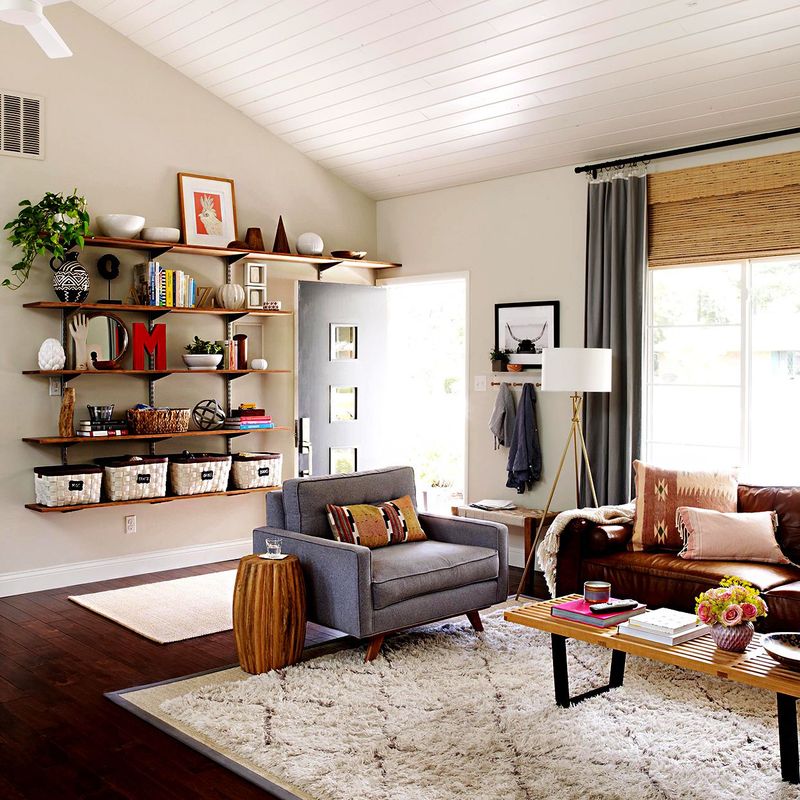
When even your bathroom has three different types of bins and your bedroom nightstand has dividers for dividers, you might be overdoing it. Not every space needs to be maximized for storage efficiency!
Some areas benefit from breathing room rather than optimization. Try removing one organizing system from each room and see if you actually miss it. Often, we create solutions for problems that don’t really exist.
10. You’ve Banished Sentimental Items
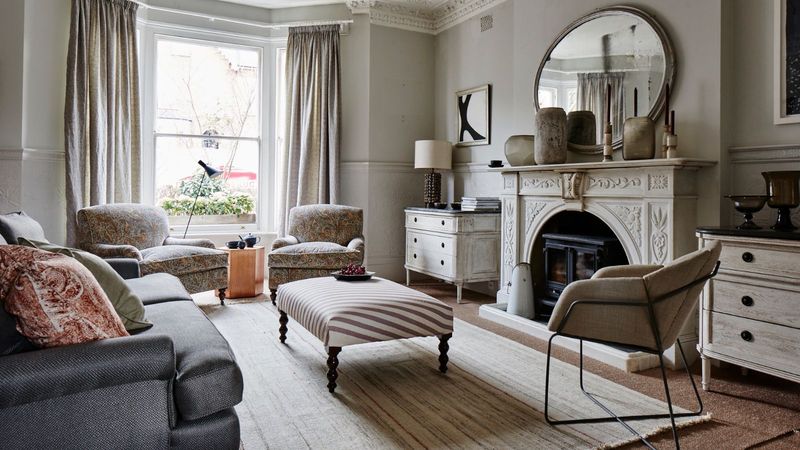
Sometimes the most meaningful possessions don’t fit neatly into bins. If you’ve forced yourself to part with treasured mementos just because they don’t match your aesthetic, you’ve lost the plot.
True organization makes space for what matters, even if it’s imperfect. Create a dedicated spot for those meaningful but mismatched items. Remember that homes should tell your story, not just showcase your organizing skills.
11. Spending More Time Organizing Than Living

Weekends spent reorganizing closets instead of seeing friends? Evenings dedicated to label-making rather than relaxing? When maintenance of your systems consumes your free time, something’s wrong.
Track how many hours you spend organizing versus enjoying your space. If the ratio is off, simplify your systems. Organization should create more time for living, not become another chore that dominates your schedule.
12. Duplicate Organizing Systems
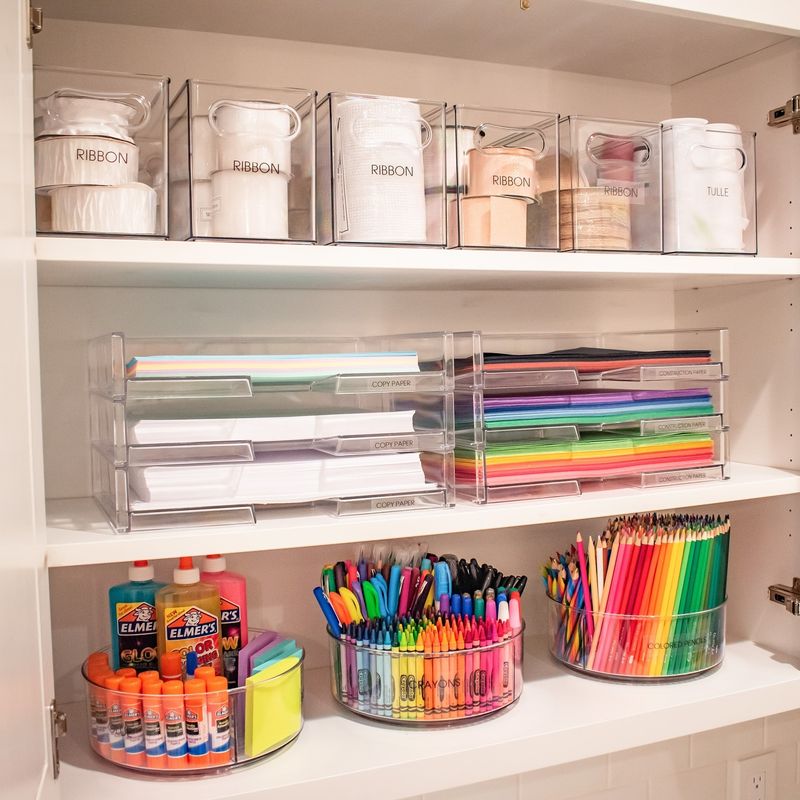
Having three different solutions for the same problem is a clear sign of storage addiction. Multiple types of hangers, different drawer divider systems, or various styles of bins for similar items show you’re collecting organizing products, not actually organizing.
Pick your favorite method and donate the rest. Consistency makes systems easier to maintain and visually calmer. The best organizing solutions are often the simplest ones that can be used throughout your home.
13. Storage Spaces Are Overflowing
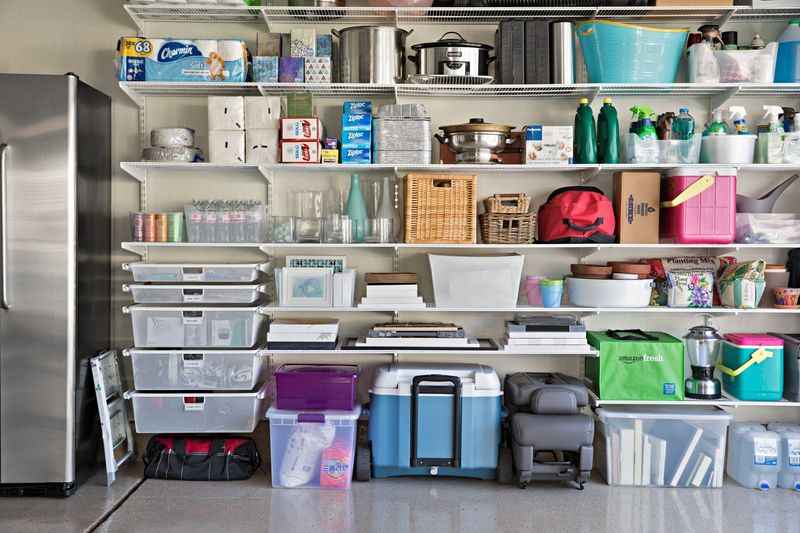
Your garage is so packed with overflow containers that your car sits in the driveway. Basement shelves groan under the weight of seasonal decoration bins. These are warning signs!
If your storage areas are maxed out, the answer isn’t more storage – it’s less stuff. Try the one-in-one-out rule for a while. Before buying anything new, identify something that will leave your home to make space for it.
14. Everything Must Match
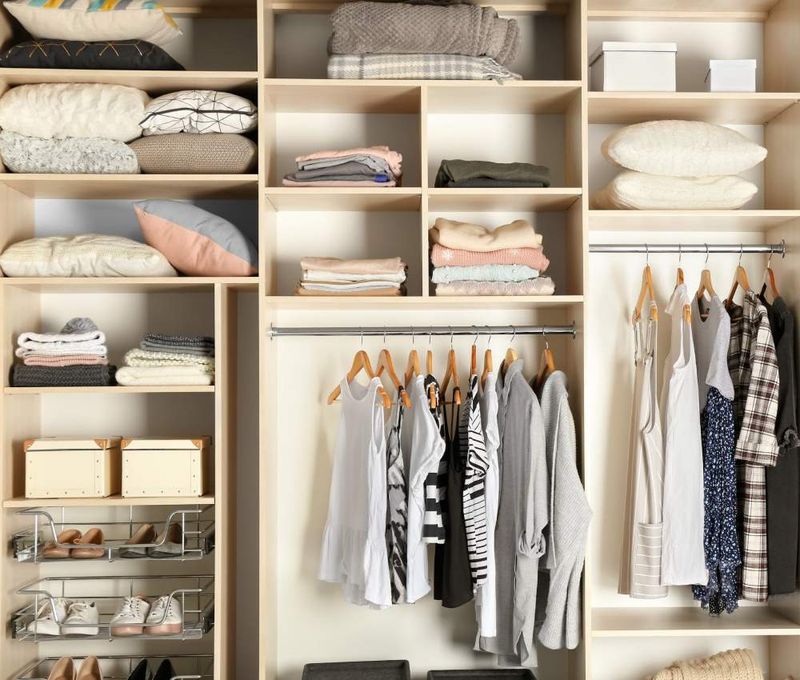
Replacing perfectly functional storage because it doesn’t match your new color scheme? Spending extra for aesthetically pleasing versions of utilitarian items? You might be prioritizing looks over function.
Matching containers look great on social media but aren’t necessary for effective organization. Focus on how things work rather than how they look.
Save money by using what you have before buying new containers just for visual consistency.
15. Hidden Clutter Everywhere
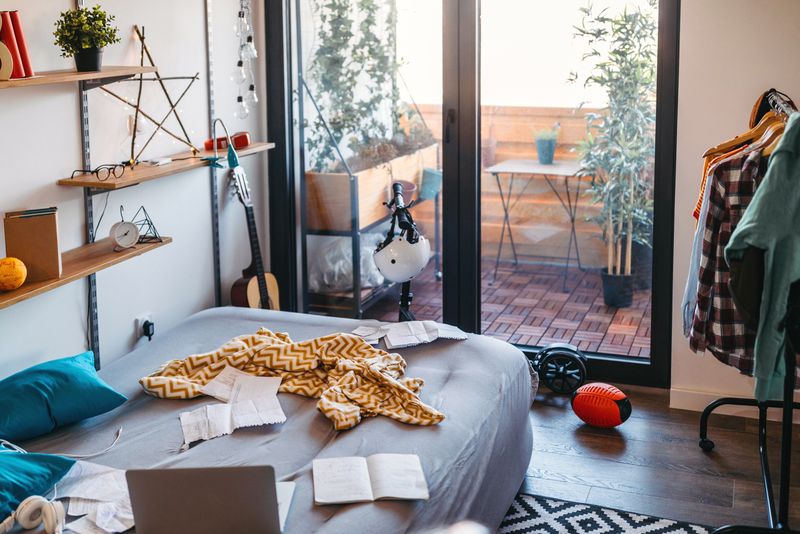
Opening your beautifully organized cabinets reveals chaos stuffed inside. When the appearance of organization matters more than actual functionality, you’re in the cult.
True organization isn’t about hiding messes – it’s about creating systems that prevent them. Start by addressing what’s inside your containers rather than just making them look pretty from the outside.
Sometimes fewer, better-organized containers work better than many stuffed ones.
16. Buying Multiples “Just In Case”
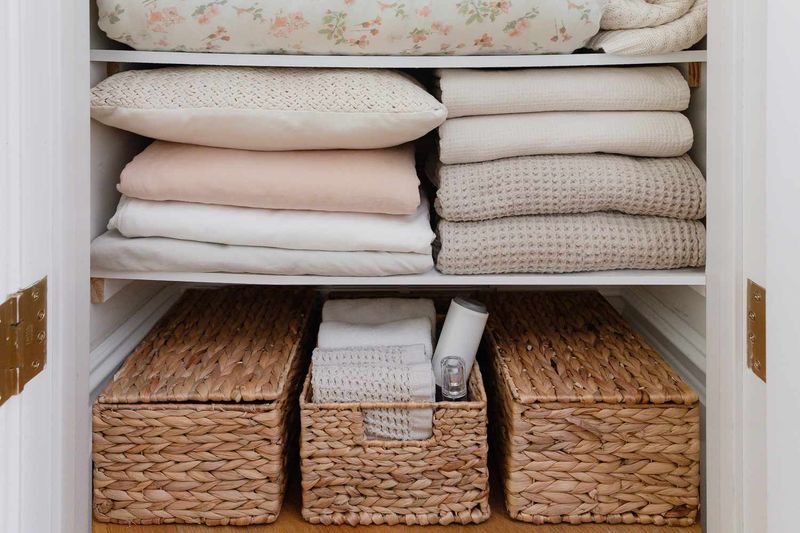
Your pantry contains five identical spice jars because they were on sale. Your linen closet has backup sheet sets still in packaging. Stockpiling organizing products creates the very clutter you’re trying to avoid!
Challenge yourself to use what you have completely before buying more. Set specific limits on storage products and stick to them. Most organizing experts agree that one backup of essential items is plenty.
